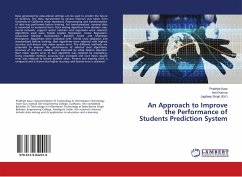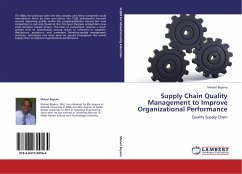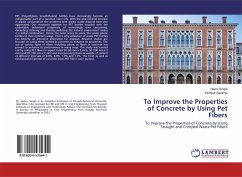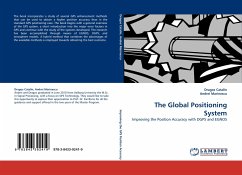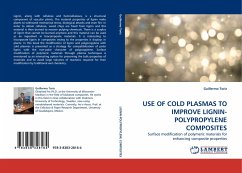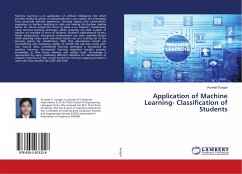Data generated by educational settings can be used to predict the future of students. The data represented by various features was taken from University of California Irvine repository. Preprocessing and transformation of data was performed before training. For transformation, nominal data is converted to numerical form. Data mining algorithm from decision tree, neural network, support vector machine and regression were selected. Algorithms used were Simple Logistic Regression, Linear Regression, Sequential Minimal Optimization, Random Forest and Multilayer Perceptron. Algorithms were evaluated with 10-fold cross validation and standardized before training. Best algorithms were selected with highest accuracy and lowest root mean square error. The different methods are proposed to improve the performance of selected best algorithms. Accuracy of the best classifier was improved by using feature selection. Root mean square error of best algorithm was reduced by resampling. Using ensemble method, accuracy was increased and root mean square error was reduced to lowest possible value. Present and existing work is compared and it shows that higher accuracy and lowest error is achieved.

